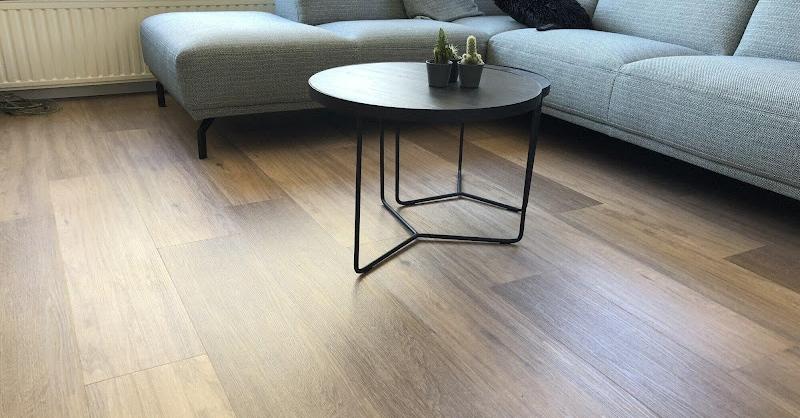Vinyl plank and engineered hardwood are two of the most popular flooring options in modern homes. Both offer a beautiful aesthetic while being durable and low maintenance.
However, there are some key differences between these two types of flooring that make each one unique. In this article, we will explore the differences based on which one is easier to install. That way, you can make an informed decision when it comes to choosing the right flooring for your home.
So let’s dive in and compare vinyl plank vs engineered hardwood in terms of installation.
Installation Method
Vinyl plank flooring is known for its easy installation process. It comes in interlocking planks that can simply be clicked together to create a floating floor. This means that the planks are not permanently attached to the subfloor, instead, they lay on top of it.
On the other hand, the installation methods for engineered hardwood require a bit more effort and expertise when it comes to installation. It can be installed as a floating floor, but it also has the option of being nailed or glued down to the subfloor for a more permanent and stable installation.
Tools Required
Vinyl plank flooring can be installed with minimal tools, making it a great DIY project for homeowners. All you need is a measuring tape, a utility knife, and a saw to cut the planks to size.
Engineered hardwood, on the other hand, requires more specialized tools such as a nail gun or adhesive spreader. This makes it more suitable for professional installation or for those with experience in home renovation projects.
Comparing the flooring installation tools required will give you a better understanding of the level of difficulty for installation.
Subfloor Compatibility
Vinyl plank flooring can be installed on almost any type of subfloor, including concrete, plywood, or even existing flooring such as tile or hardwood. This makes it a versatile option for all types of homes and spaces.
Engineered hardwood, however, is more particular when it comes to subfloor compatibility. It requires a flat and level surface to ensure proper floor installation and prevent any damage to the planks in the future. This means that it may not be suitable for older homes with uneven subfloors.
Moisture Resistance
Vinyl plank flooring is known for its water-resistant properties, making it a great choice for high-moisture areas such as bathrooms and kitchens. It can also withstand spills and accidents. This can make it a practical option for families with children or pets.
Engineered hardwood, on the other hand, is more susceptible to water damage and should not be installed in areas prone to moisture. If exposed to water, the planks may warp or buckle. This can cause damage and potentially require replacement.
Learn to Compare Vinyl Plank vs Engineered Hardwood
Both vinyl plank and engineered hardwood offer a variety of benefits when it comes to installation. While the vinyl plank is easier to install for beginners and requires minimal tools, engineered hardwood offers a more permanent and stable option with the help of specialized tools.
Ultimately, the decision should be based on your personal preferences and skill level. With this comparison, we hope you have a better understanding of vinyl plank vs engineered hardwood and can make an informed decision for your home.
If you want to read more, visit our blog.

